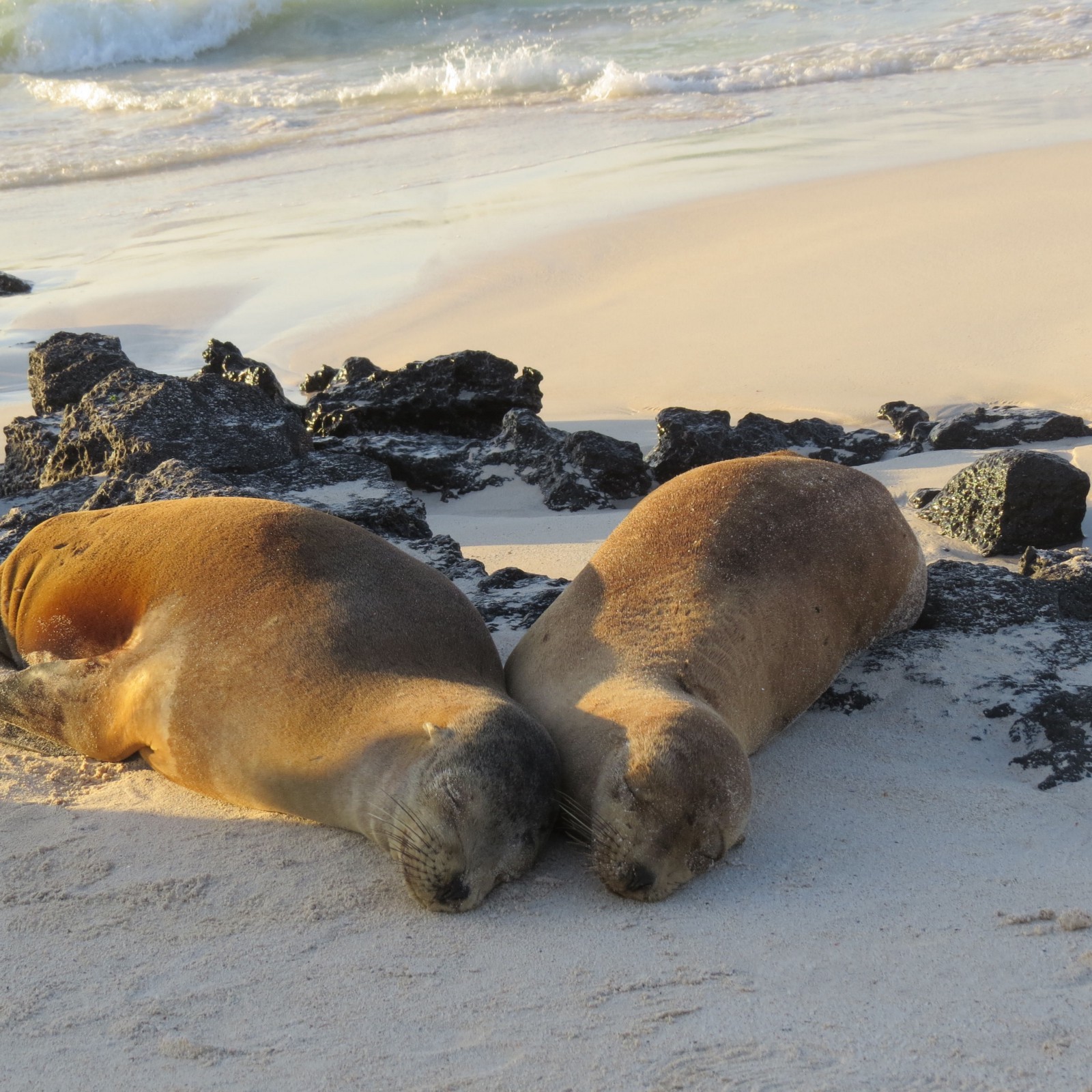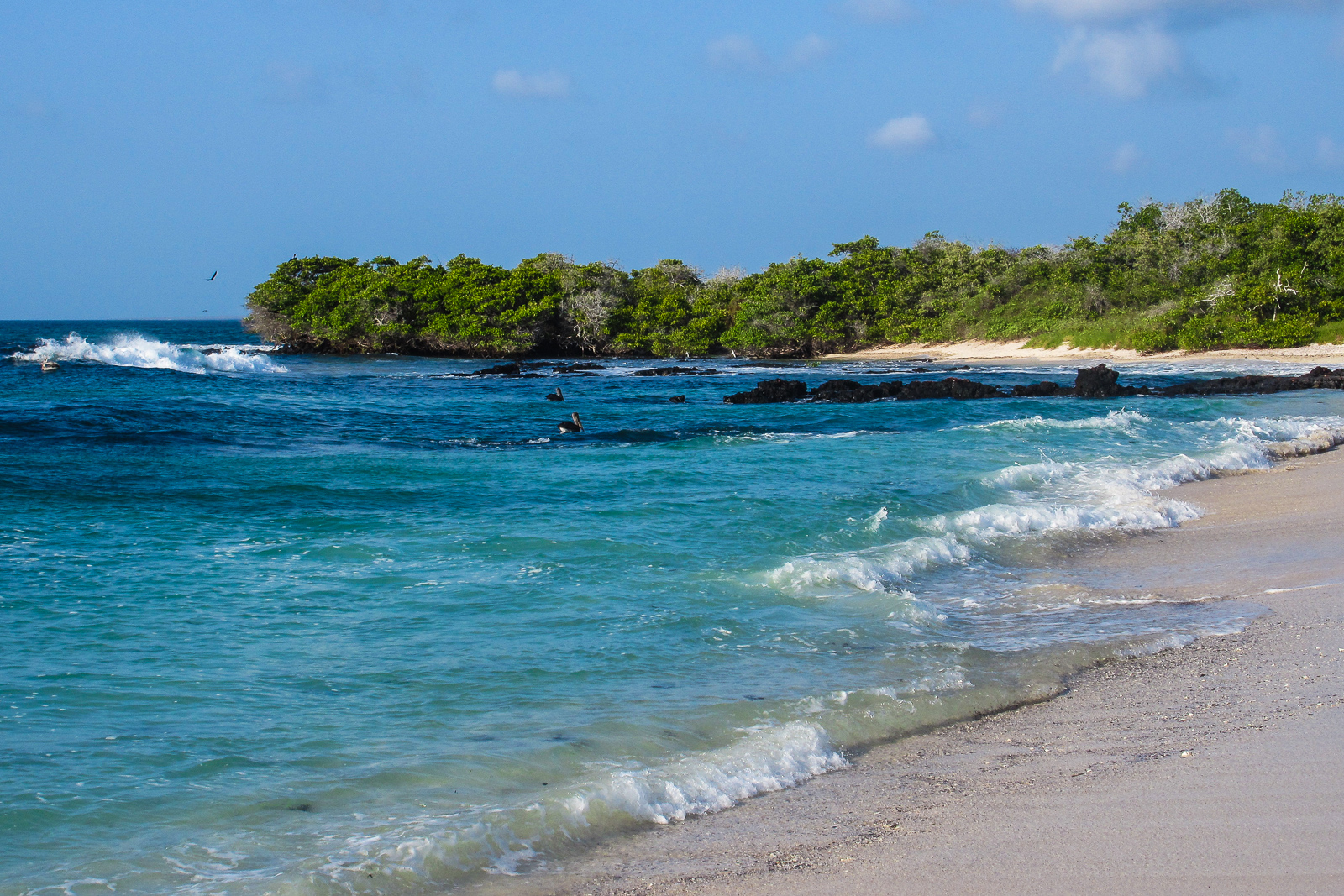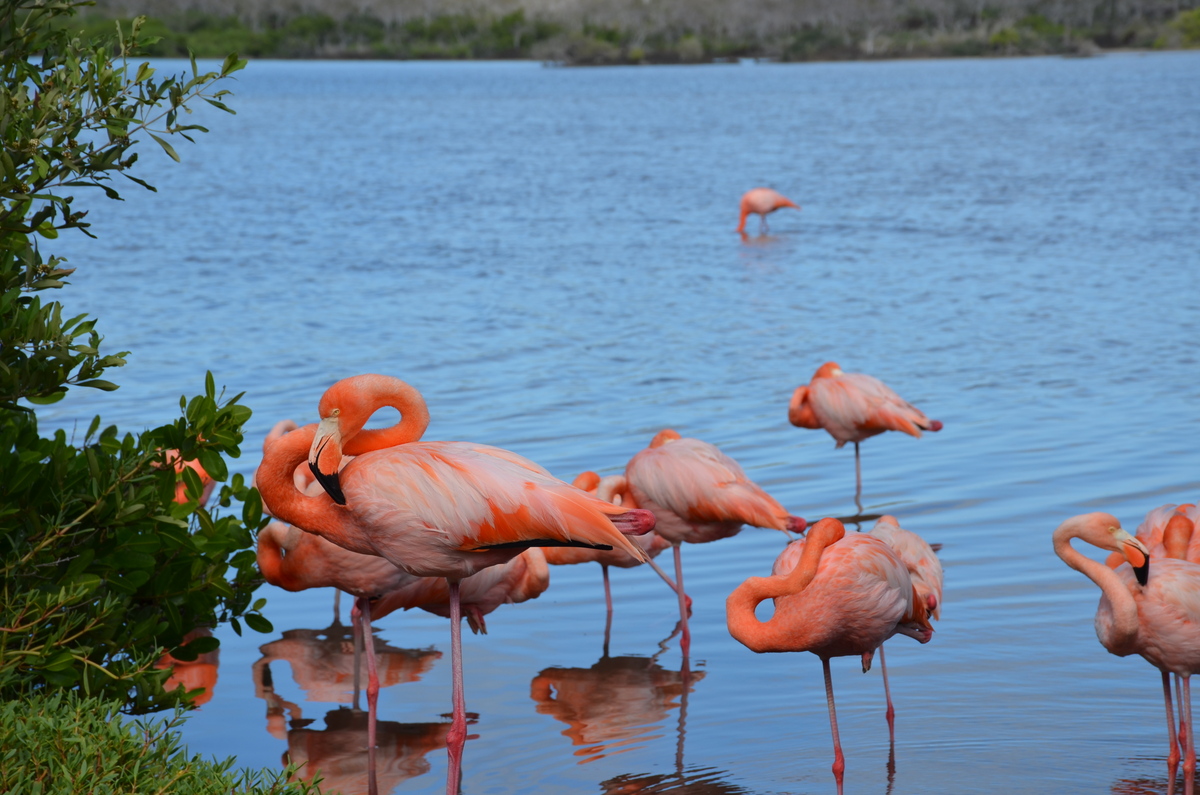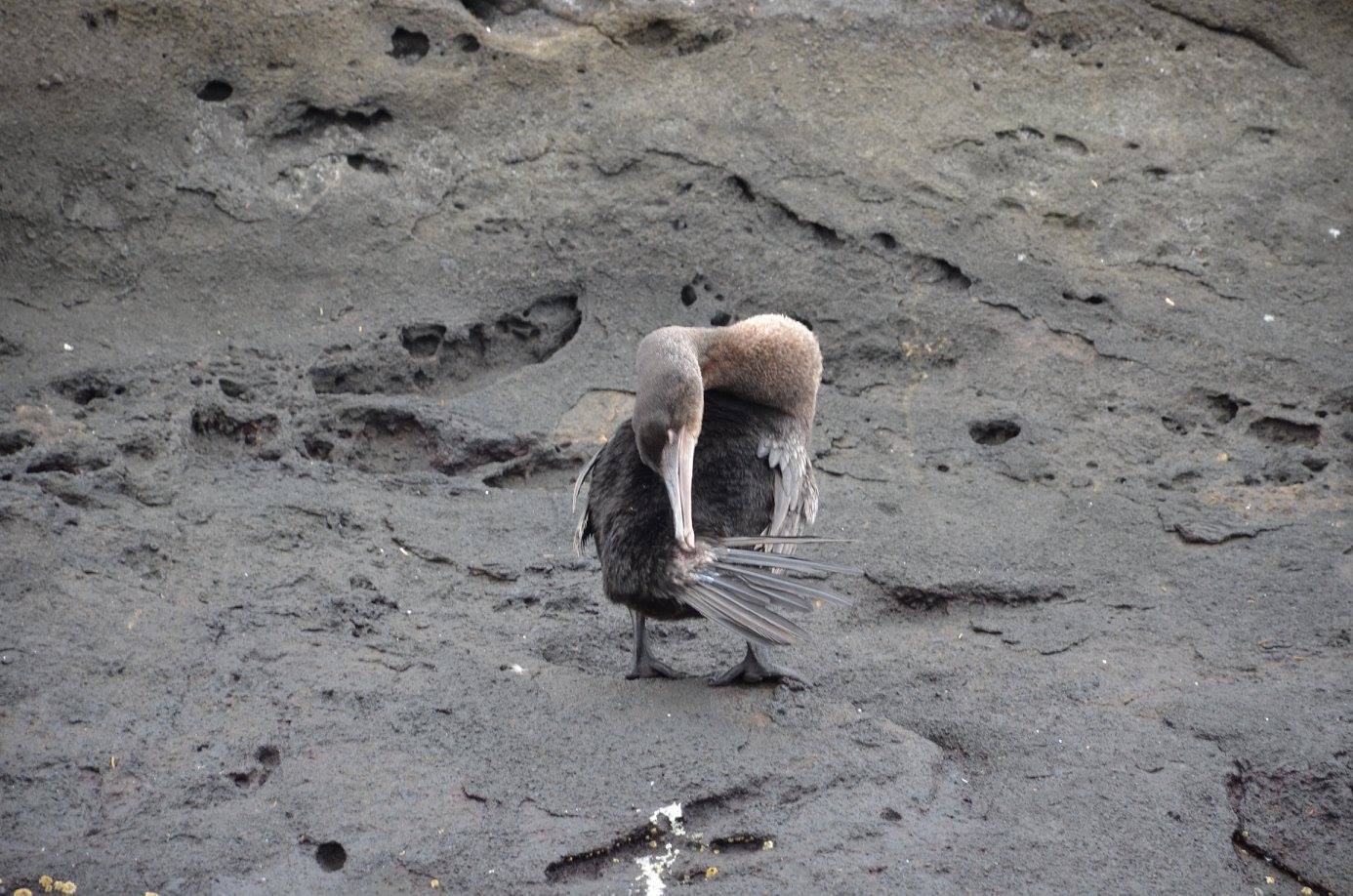
Choose a Responsible Tour Operator
Start by travelling with a licensed, conservation-minded tour operator. All the cruises and land-based experiences we offer work within the rules set by the Galapagos National Park and support local conservation and community efforts. Many of the ships we work with go beyond the basics—employing local guides, reducing waste, and contributing directly to environmental projects. By choosing carefully, you’re helping the right people protect the right places.
Follow National Park Rules to Protect Wildlife
This might sound simple, but it matters. Stick to marked trails, never feed or touch the animals, and always listen to your guide—they’re trained to protect the islands and keep you safe. Even small actions, like keeping your distance from wildlife or cleaning your shoes between islands, help prevent the spread of invasive species.










